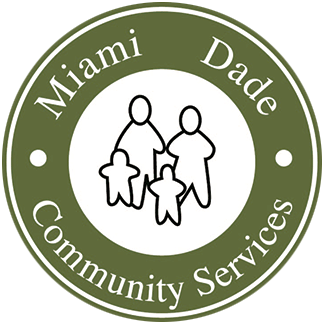What is HIV?
HIV is the Human Immunodeficiency Virus and it attacks your body’s immune system. The virus destroys CD4 cells, which help your body fight diseases. HIV can severely damage your immune system and lead to AIDS.
The Symptoms of HIV/AIDS – the First Stage
HIV infection comes in three stages. The first stage is called acute infection or seroconversion, and it typically happens within two to six weeks after exposure or becoming infected. This is when the body’s immune system puts up a fight against HIV. The symptoms of acute infection look similar to those of other viral illnesses and are often compared to those of the flu. The symptoms may last a week or two and then completely go away as the virus goes into a non-symptomatic stage.
The initial symptoms of acute HIV infection may include:
- Headache
- Diarrhea
- Nausea and vomiting
- Fatigue
- Aching muscles
- Sore throat
- Red rash that doesn’t itch, usually on the torso.
- Fever
How is HIV treated?
HIV treatment may reduce the amount of HIV in your blood (called “viral load”). Treatment may also help to increase the number of CD4 cells in your blood which help fight off other infections.
Within a month or two of HIV entering the body, 40% to 90% of people experience flulike symptoms known as acute retroviral syndrome (ARS). But sometimes HIV symptoms don’t appear for years—sometimes even a decade—after infection.
“In the early stages of HIV infection, the most common symptoms are none,” says Michael Horberg, MD, director of HIV/AIDS for Kaiser Permanente, in Oakland, Calif. One in five people in the United States with HIV doesn’t know they have it, which is why it’s so important to get tested, especially if you have unprotected sex with more than one partner or use intravenous drugs.
You think you have come in contact with HIV. Doctors can now prevent HIV from taking hold in the body if they act quickly after initial infection. Health care workers, police, and firefighters who are exposed to HIV-infected blood often use a process that involves taking anti-HIV drugs to protect themselves. These drugs must be taken within hours or days of initial exposure.
You may be tested for HIV using highly sensitive tests that detect both HIV antigen, a protein produced by the virus immediately after infection, and HIV antibodies. This test can confirm a diagnosis within days of infection. (Regular HIV tests don’t work this soon after infection; they can only detect antibodies.) You may be given anti-HIV drugs to take for a prescribed period of time. There may be unpleasant side effects to these drugs, but they may stop HIV from infecting you.
Most people don’t know they’ve been infected with HIV, but weeks later they may experience the symptoms of seroconversion. These symptoms mean the body is trying to fight HIV.
The Period Without Symptoms of HIV – the Second Stage
After the first seroconversion period, the immune system loses the battle with HIV and symptoms go away. HIV infection goes into its second stage, which can be a long period without symptoms, called the asymptomatic period. This is when people may not know they are infected and can pass HIV on to others. This period can last 10 or more years.
During this period without symptoms, HIV is slowly killing the CD4 T-cells and destroying the immune system. Blood tests during this time can reveal the number of these CD4 T-cells. Normally, a person has a CD4 T-cell count between 450 and 1,400 cells per microliter. This number changes constantly, depending on a person’s state of health. For an HIV-infected person, the number of CD4 T-cells steadily drops, making them vulnerable to other infections — and in danger of developing AIDS.
HIV Infection and AIDS – the Third Stage
AIDS (acquired immune deficiency syndrome) is the advanced stage of HIV infection. When the CD4 T-cell number drops below 200, people are diagnosed with AIDS.
Someone infected with HIV can also be diagnosed with AIDS if they have an “AIDS defining illness” such as Kaposi’s sarcoma (a form of skin cancer) or pneumocystis pneumonia (a lung disease).
Fortunately, combination medications used to treat HIV — a ”cocktail” – can help rebuild the immune system. These drugs can be expensive and pose challenges with side effects, but it is critical to not stop taking them without talking to your doctor. It is also important not to take part of the medications without taking the others. People with low CD4 T-cells may also receive drugs to prevent opportunistic infections. These preventative medications should be taken until the CD4 count has improved.
Talk to your healthcare professional about your hopes for the future and concerns about therapy.
